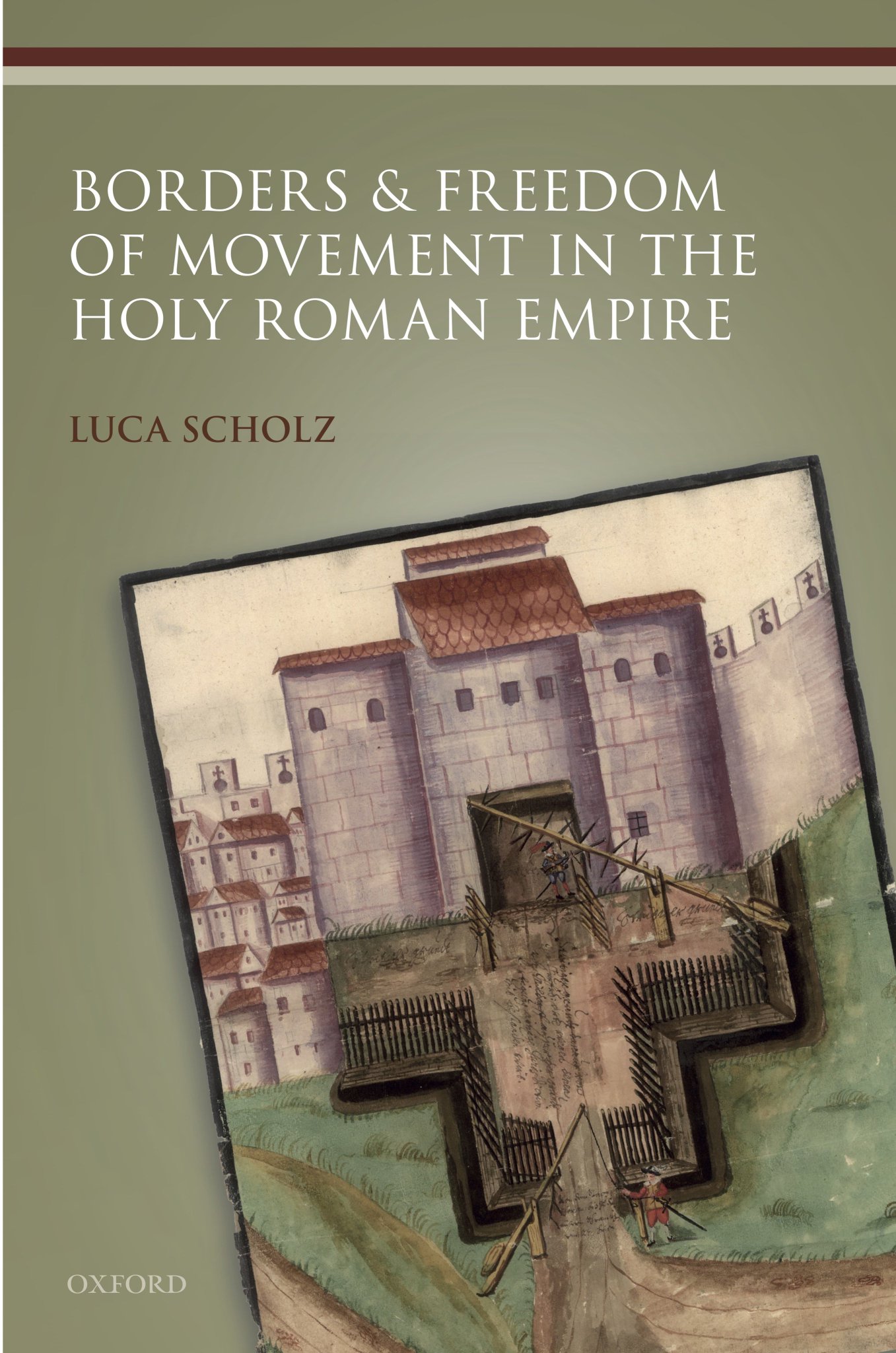(image source: twitter)
Book abstract:
Borders and Freedom of Movement in the Holy Roman Empire tells the history of free movement in the Holy Roman Empire of the German Nation, one of the most fractured landscapes in human history. The boundaries that divided its hundreds of territories make the Old Reich a uniquely valuable site for studying the ordering of movement. The focus is on safe-conduct, an institution that was common throughout the early modern world but became a key framework for negotiating free movement and its restriction in the Old Reich. The study shows that attempts to escort travellers, issue letters of passage, or to criminalize the use of 'forbidden' roads served to transform rights of passage into excludable and fiscally exploitable goods. Mobile populations - from emperors to peasants - defied attempts to govern their mobility with actions ranging from formal protest to bloodshed. Newly designed maps show that restrictions upon moving goods and people were rarely concentrated at borders before the mid-eighteenth century, but unevenly distributed along roads and rivers. Luca Scholz unearths intense intellectual debates around the rulers' right to interfere with freedom of movement. The Empire's political order guaranteed extensive transit rights, but claims of protection could also mask aggressive attempts of territorial expansion. Drawing on sources discovered in more than twenty archives and covering the period between the late sixteenth and the early nineteenth centuries, Borders and Freedom of Movement in the Holy Roman Empire offers a new perspective on the unstable relationship of political authority and human mobility in the heartlands of old-regime Europe.On the author:
Luca Scholz is a historian of early modern Europe, combining social, legal, and intellectual history with geospatial and digital methods. He holds a PhD in History from the European University Institute after previously studying history and economics in Paris and Heidelberg. He has published English, German, French, and Italian articles and chapters on passports, serfdom, the politics of protection, and spatial history. After teaching at the Free University of Berlin and at Stanford University, he is currently Lecturer in Digital Humanities at the University of Manchester.More information with OUP.


No comments:
Post a Comment